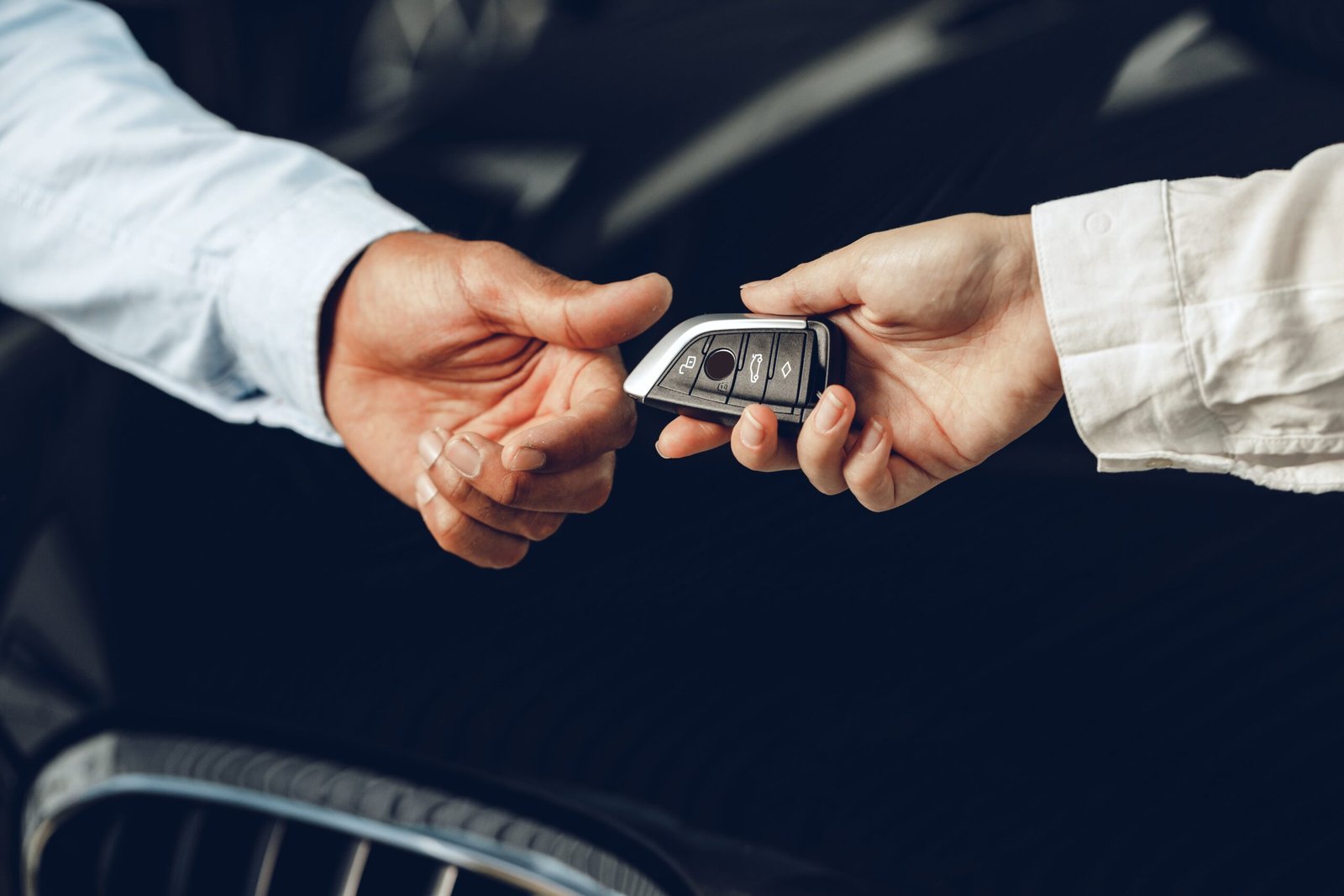Replacement Audi Car Key: A Comprehensive Guide
Losing or damaging a car key can be a difficult experience, particularly for Audi owners. As a luxury automobile brand name known for its sophisticated technology and engineering, Audi lorries are equipped with advanced key systems that might make complex the procedure of acquiring a replacement key. This post describes whatever one requires to understand about getting a replacement Audi car key, including types of keys, alternatives available for replacement, procedures, and often asked concerns.
Comprehending Audi Keys
Audi, like lots of contemporary car brand names, has actually moved beyond traditional mechanical keys to use advanced key fobs and keyless entry systems. Understanding the kind of key you have will aid in knowing what steps to consider a replacement. Here are the main types of keys commonly used in Audi automobiles:
- Traditional Metal Key: Some older Audi designs still use standard metal keys, which can be duplicated at any locksmith or hardware store.
- Transponder Key: Most Audi vehicles manufactured after the 1990s come equipped with transponder keys. These keys consist of a chip that communicates with the car's ignition system to permit starting. A special programming treatment is needed for replacement.
- Key Fob: Many more recent Audi models feature key fobs that incorporate keyless entry and push-button start functions. Replacement typically involves both physical key duplication and electronic programming.
- Smart Key/ Keyless Entry System: The most current designs often come with clever keys permitting distance entry. These keys can be more intricate and typically must be bought through a dealer or qualified locksmith.
Actions to Replace an Audi Car Key
If you've lost your Audi car key or need a replacement, follow these steps to ensure a smooth process:
- Determine the Key Type: Identify the type of key your Audi uses. Check the car manual or speak with the dealer if unsure.
- Locate Your Vehicle Identification Number (VIN): Your VIN, generally found on the chauffeur's side control panel or door frame, will be necessary for verifying ownership and buying a key.
- Contact Your Audi Dealer: Visit or call your licensed Audi dealer for replacement options. They will require evidence of ownership (normally your driver's license and automobile registration) to process a new key.
- Alternative Locksmith Services: If you're looking for a more convenient and potentially cost-efficient choice, look for a regional vehicle locksmith professional who focuses on key fob and transponder key programming. Ensure they are accredited and geared up to deal with Audi keys.
Budget plan for Costs: Be prepared for the costs associated with changing an Audi key, which might differ based on its type and the entity supplying the service. Typical expenses are as follows:
- Traditional key: ₤ 10-₤ 50
- Transponder key: ₤ 100-₤ 300
- Key fob: ₤ 200-₤ 600
- Smart key: ₤ 200-₤ 800
- Program the New Key: After acquiring a replacement, whether through the dealership or locksmith, the new key will likely need to be configured to your automobile. This process is essential for transponder and smart keys to work appropriately.
DIY Key Replacement: A Word of Caution
While lots of may be tempted to turn to online instruction guides, it's crucial to acknowledge that DIY replacements can be risky. Modern Audi keys and their programming normally need customized equipment and software application. Attempting a DIY process without the proper understanding and tools might result in additional issues or even harm the vehicle's electronic systems.
Preventative Measures
To reduce the threat of losing keys in the future, think about carrying out some preventative procedures:
- Key Finder Devices: Attach Bluetooth-enabled key finders to your Audi key. This technology enables you to track your keys through a mobile phone app.
- Spare Key: Always have a spare key made. This can offer peace of mind and benefit, ought to the main key go missing.
- Develop a Designated Spot: Have a constant place for your keys in the house to prevent misplaced keys. This habit can significantly reduce the possibility of losing them.
Often Asked Questions (FAQs)
1. Is audi key replacement to replace an Audi car key?
The cost to change an Audi car key differs depending upon the key type and service technique. It normally varies from ₤ 10 for traditional keys to as high as ₤ 800 for smart keys.
2. Can I make a copy of my Audi key at any locksmith?
Not all locksmith professionals are equipped to manage complex key fob or transponder key duplication. It is recommended to seek locksmiths who specialize in automobile keys, or call your Audi dealership for key duplication.
3. Is my Audi key covered under guarantee?
Audi's car service warranty may cover issues associated with key breakdowns, but lost or stolen keys normally are not covered. Consult your service warranty documents for specifics.
4. For how long does it take to get a replacement key?
The time it takes to receive a replacement key can differ. If purchased through a dealership, it may take a number of days to weeks, while a regional locksmith professional might have the ability to offer a new key practically right away, depending on stock and complexity.
5. Can I configure a new key myself?
Programming a new key generally needs specialized devices. While some aftermarket tools exist, it is normally recommended to look for expert help to ensure the key runs correctly.
Browsing the process of getting a replacement Audi car key doesn't need to be overwhelming. By comprehending the types of keys, browsing your options for replacement, and pondering preventative measures, Audi owners can safeguard themselves against the tension of losing a key. Whether going with a car dealership or a skilled locksmith professional, guaranteeing your car keys are managed adequately can conserve time, inconvenience, and expenditure in the long run.

